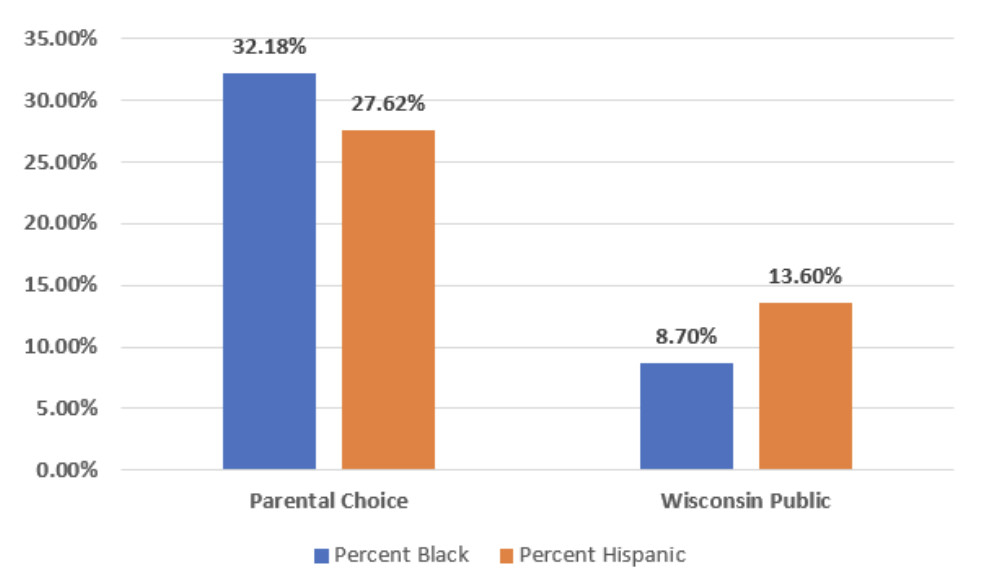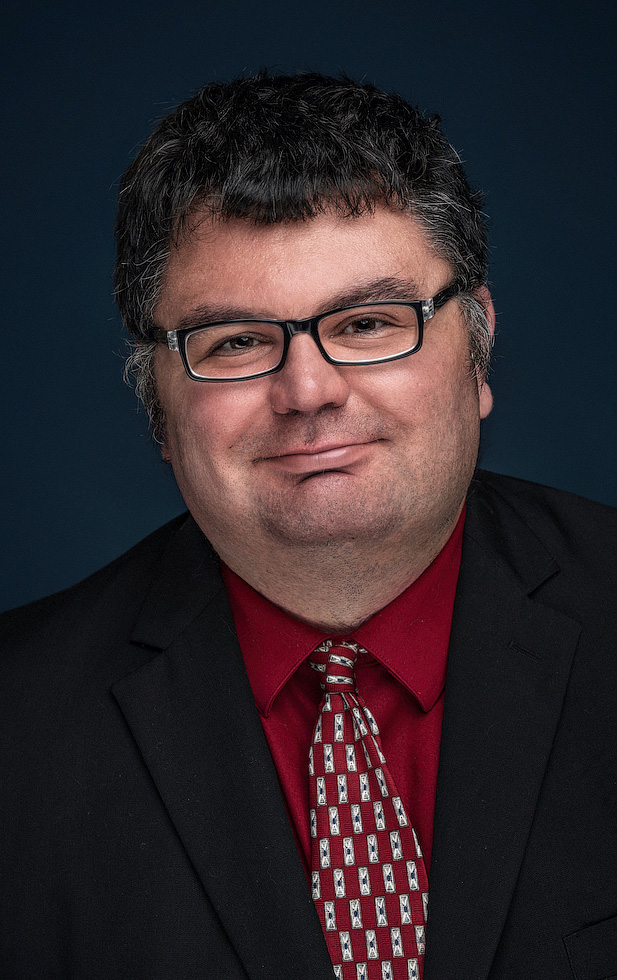By Will Flanders, PhD
Recently, a group of Democrats in the state legislature that includes well-known school choice opponents Chris Larson and Kelda Roys announced a set of bills that would effectively bring educational choice in Wisconsin to an end. Despite growing public support that includes more than 70% of Wisconsinites overall and even a majority of Democrats, these legislators would see the state move in a different direction. There is no need for equivocation: these bills would bring school choice to an end for Wisconsin families. But that is not the only negative outcome. Below, we highlight the major implications of these bills, and why they are wrongheaded.
Phase out the Statewide School Choice Programs
Under LRB-4295, new private schools would be prohibited from entering the state’s school choice programs, and no new students would be allowed to enter—leading to an end to the programs over time. More than 48,000 students across Wisconsin rely on the Milwaukee, Racine, and Wisconsin Parental Choice programs to fund their education. All of these families are below 300% of the federal poverty limit. Outside of Milwaukee and Racine, they are all below 220% of the federal poverty limit. The majority of these families come from minority backgrounds as well. The chart below shows the share of participants who are black or Hispanic using the most recent report card data in comparison to public school percentages.
Percent of Choice & Public School Students Who are Black or Hispanic

Contrary to the claims of many that these programs help those who can already afford private school, each program has an income limit that means only low- and lower-middle income families can participate. School choice programs in Wisconsin have been found to have numerous benefits for Wisconsin families including higher test scores, lower involvement in criminal activity, and higher levels of civic engagement. Ending school choice would mean that all of these benefits are lost for the kids in Wisconsin most in need.
Phase out the Special Needs Scholarship Program (SNSP)
From it’s creation in 2016 with just 216 participating students, this program has grown to serve nearly 2,000 students today. For students with special needs, educational options are often severely limited. Even the state’s open enrollment program allows districts to reject students because they are unable to accommodate their needs. For these students, the SNSP represents a way out through opportunity to attend a private school with a voucher substantially larger than the voucher for regular education students. Under LRB-4014, students would see this opportunity snuffed out. This phase out is also included in LRB-4295, perhaps indicating that the legislators want to make doubly sure students with special needs are denied options.
Include Choice Funding Information on Taxes
Under LRB-4236, the amount of funding for students in the state’s parental choice programs would be required to be included on taxpayer’s annual property tax bills. While WILL are generally big proponents of government transparency, there are concerns about the way this information is presented, and that it will not provide a complete picture of how the funding system works. Property taxpayers in Wisconsin are explicitly not on the hook for funding school choice. The state funds the school choice programs with state funding. Then, school districts are allowed to raise taxes for students they no longer educate. This process is absurd, and both public and private schools would benefit from cleaning up the process. but presenting half the information—as the bill would do—is not informative and may mislead.
Licensure for Private School Teachers
Under LRB 4020, teachers and administrators in private schools would be required to have a bachelor’s degree and to be licensed by DPI. Schools in the parental choice program are already at a disadvantage relative to public schools when it comes to the competition for teachers. The addition of a licensure requirement would do little to improve teacher quality while making it even more difficult for private schools to find qualified applicants. Perhaps this would be a reasonable proposal if private schools in the choice program were struggling academically, but the data suggests this is not the case. Despite significantly less funding per student, choice schools get better results on average once important demographic factors are controlled for. This bill is a policy in search of a problem, and would do little more than make things more challenging for public schools—perhaps the actual goal.
During the budget process, Republicans were able to work together with Governor Evers to increase the voucher amount to an amount far closer to parity with public schools. Given the acrimony that has traditionally existed on this issue in Wisconsin, there was some hope that perhaps this represented a change in the way the left would approach issues of giving families educational options. But these bills show that, unfortunately, nothing has changed. Public sector unions remain an important force, and these bills show that many legislators still serve them rather than families.
WILL is standing up to ensure that educational options are available for everyone, help us fight against these attacks!
